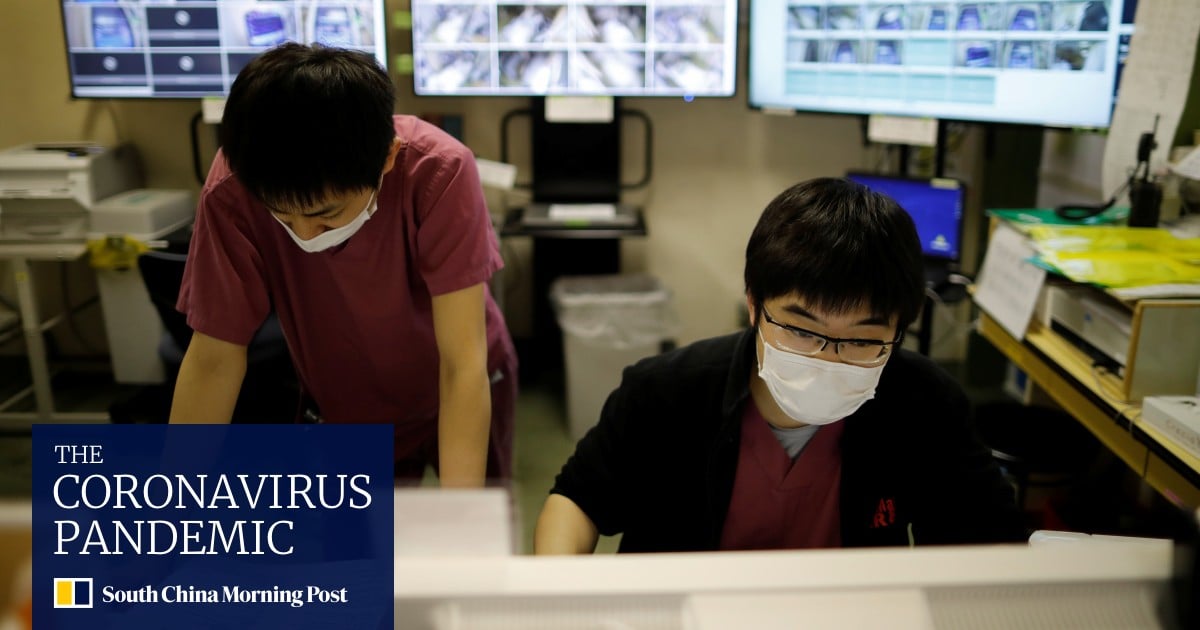- Joined
- Dec 25, 2018
- Messages
- 469
- Trophies
- 0
Yet the fax machine still reigns supreme in Japan, with a recent government study showing that virtually every office in the country and one in three households has a machine.
The doctor’s tweet triggered a storm of comments on social media, with one user declaring: “Speed is the key to combating infectious diseases that spread so rapidly. It is a mistake not to utilise modern technology.”
Another user, a professor, stated: “I’m speechless. In Japan, Covid-19 cases are reported on a paper form filled in by hand, then sent by fax (!!) or postal mail (!!). No wonder tracking the real number [of cases] has been utter chaos there.”
“This is 2020. Please stop this nonsense, Japan,” read another Twitter post.
Perhaps embarrassed by the medical sector’s reliance on 1980s technology at a time of a global pandemic, Masaaki Taira, the minister charged with the nation’s information technology policy, responded by saying that he would “deal with the problem”.
As a result, doctors will from May 10 be able to send reports on coronavirus cases to public health centres by email.
“Japan is run by a gerontocracy that is very much analogue in its ways of thinking,” said Jeff Kingston, director of Asian Studies at the Tokyo campus of Temple University.
https://www.scmp.com/news/asia/east...pan-firms-focus-contactless-technologies-amid
“That’s clear from the response to the pandemic that we saw in South Korea and Taiwan, where the reaction was far more swift and effective,” Kingston said. “One of the reasons was that scientists had a lot of input into the governments’ decision-making and those governments relied on IT to contain the epidemic.
“In Japan, the response was led by old guys who are career politicians and who make policy based primarily on political considerations with a little bit of room for the science,” he said. “It’s a sclerotic government and bureaucracy that relies on decades-old technology.”
But the academic said he retained hope that the pandemic could be the turning point for a nation that arguably leads the world in many technologies but does not see fit to consistently apply them.
“I think the pandemic will serve as an added incentive for them to adopt new ways because it has just highlighted how antiquated systems can be a problem for the health of the people and damaging to the national interest,” Kingston said. “I imagine there will still be an ‘old guard’ who cling to the past ways, but that generation wedded to the fax machine will all be retiring in a few years so that will fade away.”
The virus has also impacted another previously inviolable rule of the Japanese workplace, the requirement that all official documents be stamped with a “hanko” seal.
With companies being urged to encourage their staff to stay at home, the government has announced a review of the custom of physically applying a seal to paperwork and companies developing digital “hanko”.
Under Japan’s state of emergency, companies cannot be ordered to close but they have been encouraged to let employees work from home. The government has targeted a 70-80 per cent reduction in person-to-person contact, but as of April 26, Google mobility data showed traffic to workplaces was just 27 per cent lower than before the pandemic.
Reports suggest companies are reluctant to embrace telecommuting, citing concerns about data security but also fearing a decline in worker productivity and customer service.
Japan has reported nearly 16,000 infections and some 569 deaths.

Japanese decry boomer-era tech as hospitals file virus cases by fax
Hospitals are legally required to send handwritten Covid-19 documents by fax to health centres – a dated practice that has been lambasted on social media.